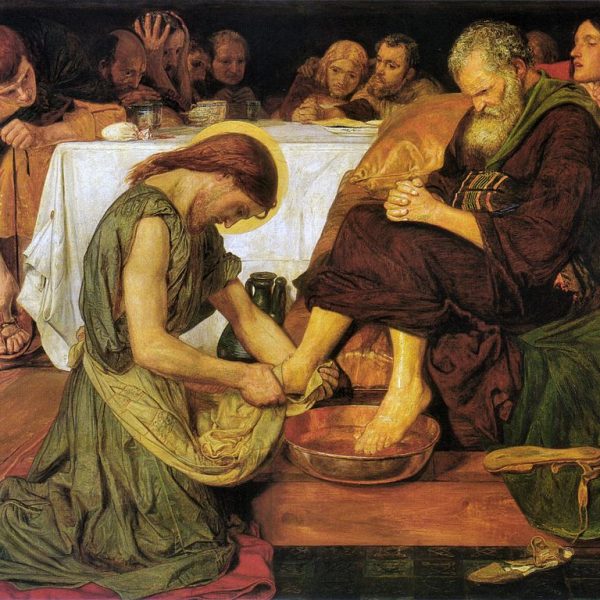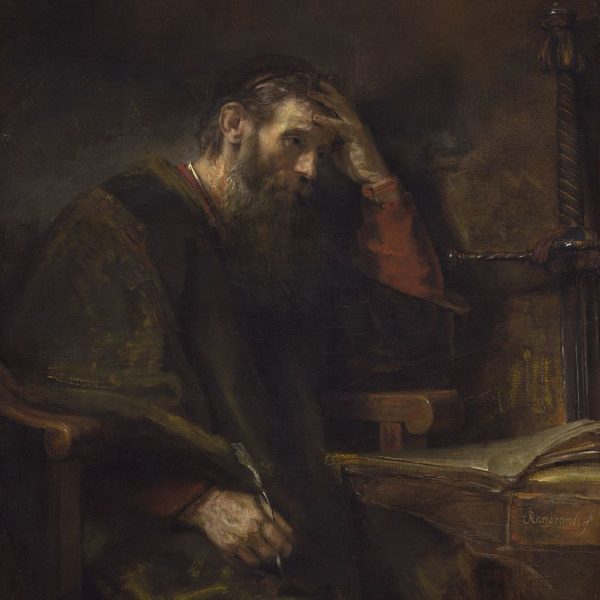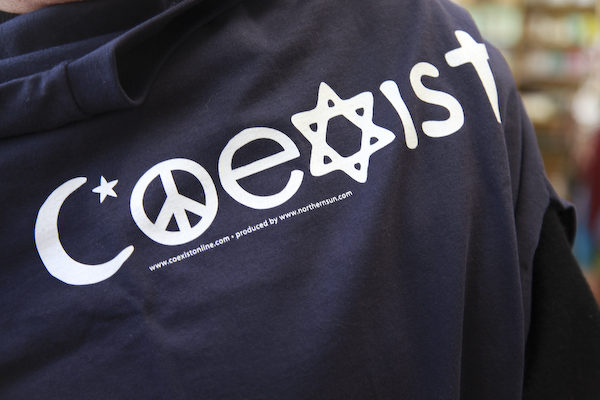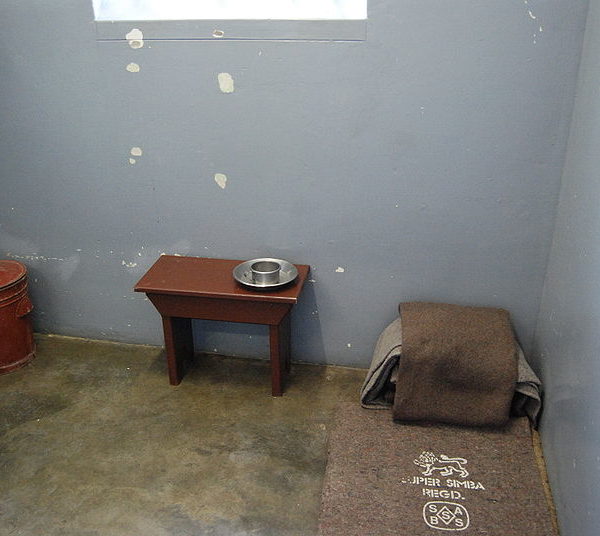
Heavenly citizenship for Paul is certainly not about escaping social responsibility within this life. The path that follows Christ is a path that moves one’s focus from earthly things to heavenly.

When, despite Scripture, unscrupulous officials continue to “oppress the hired workers in their wages, the widow, and the orphan” and “thrust aside the alien,” and a plurality of white, evangelical Christian voters endorse this behavior, how might other believers keep up faith and hope in a Gospel order that upholds justice?

In this hymnic account of Jesus’ person and mission, his preference for and service to others becomes a paradigm for faithful human existence. God’s solidarity with the human race discloses the truth of both power and freedom.

As we are prepared to empty ourselves, we can experience “the beginning of the other”, the Reign of God.

‘And this is my prayer, that your love may overflow more and more with knowledge and full insight.’ The notion of love overflowing in knowledge is odd to modern Western ears, accustomed as we are to a divide between reason and affections. However, such a love that overflows in knowledge could transform much of our politics.

Privilege is a ubiquitous reality in our world, though one to which we are often oblivious as privileged persons. In Paul’s description of his posture towards his privilege he gives us a worked example of what conformity to Christ can look like and poses the challenge to us to follow the same path in our own situations.

The stark repetition of the admonition to being of one mind in the first and last phrases is particularly arresting, and particularly challenging for us today. After all, for contemporary liberalism, being of one mind is no virtue, and the same could be said for most contemporary Christians. We no longer think of pluralism as simply a pragmatic political strategy for negotiating irresolvable difference, but as a good in itself. It is difference, we say, that makes us strong, tolerance and indeed embrace of otherness.

Within many criminal justice systems, deterrence is a significant element of the rationale of imprisonment. However, Paul’s letter to the Philippians reveals the emboldening power of imprisonment for faithful witness. The example set by courageous leaders who will risk imprisonment for the sake of truth and justice continues to have great power, even within our contemporary situation.